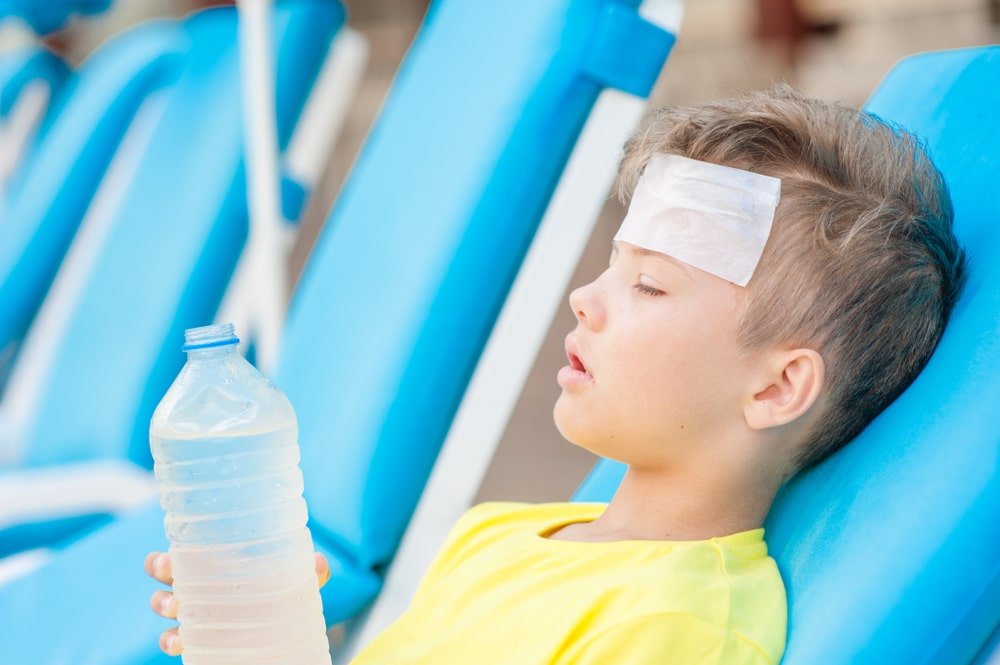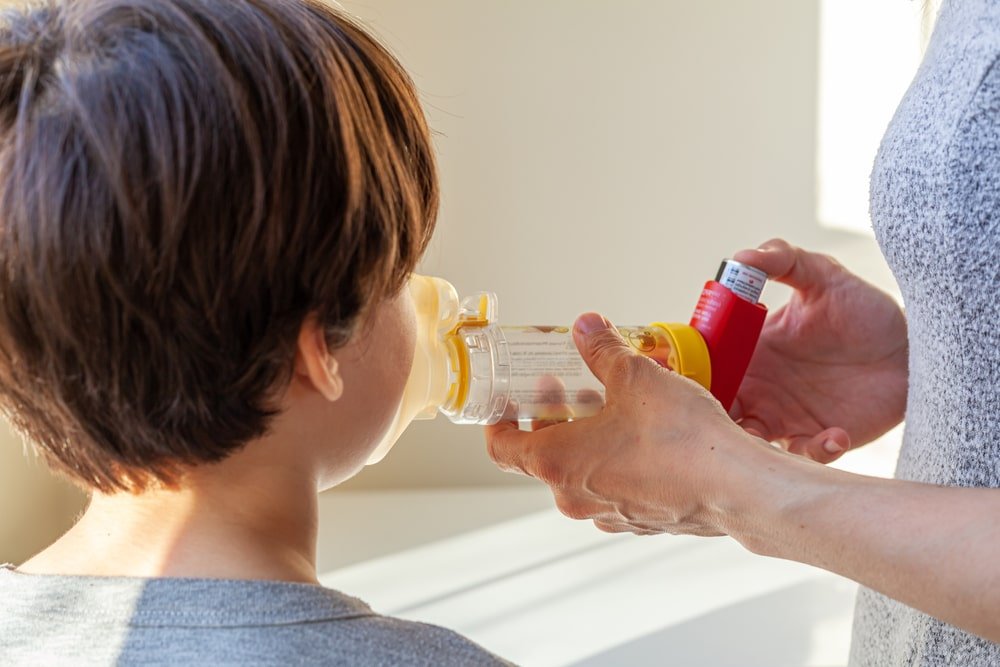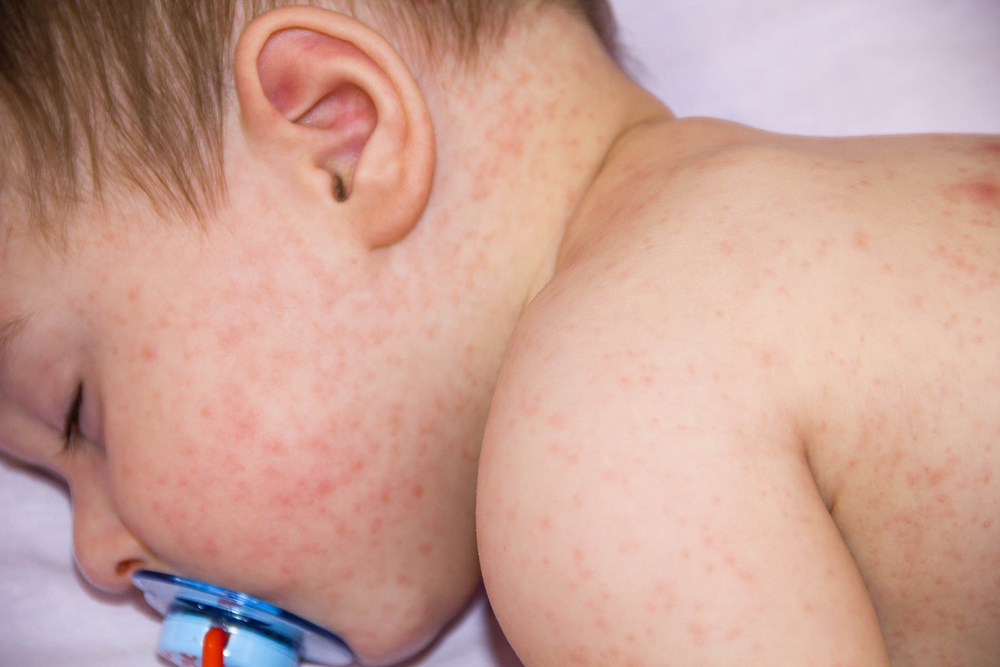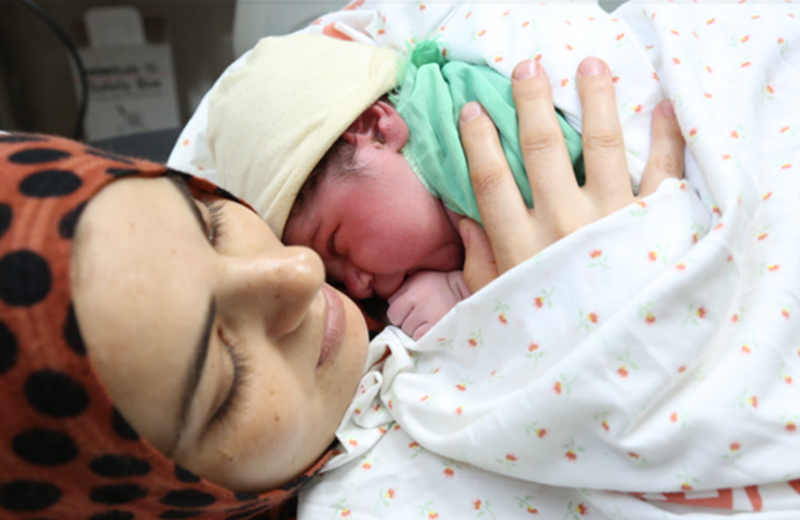Children's Health
Are Antibiotics the Solution for Common Diseases Like Flu?

Unfortunately, the answer is no, the antibiotic decision is based on your baby's symptoms and illness, so in many cases, they may not be the right choice. "Antibiotics are only effective against bacteria, which means they're useless against viral illnesses like the flu and colds.
When should you consider antibiotics?
1.High Fever.
temperatures that spike too high (100.4° for babies younger than 3 months; 102° for ages 3 to 12 months) may signal a more serious bacterial infection. If this is the case, antibiotics such as ampicillin or cefotaxime, or both, may be required.
2. Pneumonia.
It's difficult to determine whether the cause of this lung infection is viral (perhaps due to an upper respiratory infection) or bacterial. Symptoms of pneumonia usually start with fever, coughing, shortness of breath, and/or vomiting. Because infants have a higher risk of complications from pneumonia, including death, pediatricians often prescribe antibiotics even if they aren't positive that it's a bacterial infection.
3. Pertussis (Whooping Cough).
Antibiotics are most effective when started within the first week or two of this respiratory disease when early symptoms include a mild cough or fever before the signature whooping cough begins.
4. Ear infections.
Signs your baby may have an ear infection include ear tugging or pulling, excessive irritability or crying, sleeping difficulties, and high fever.
5. Urinary tract infections.
These infections occur when fecal or other bacteria enter the bladder or kidneys. Fever is typically the only sign of a UTI in an infant, but some other symptoms can include irritability, vomiting, or diarrhea.
6. Other infections.
Strep throat (which involves symptoms of fever, sore throat, and trouble swallowing) or sinus infections (or excessive nasal congestion along with a fever or a cough) require antibiotics.
What are the side effects?
Each medication has its own side effects, these are the most common general ones
- About one in 10 children experience side effects from taking antibiotics. The most common are diarrhea, nausea, and stomach pain. "In addition to targeting bad bacteria, antibiotics kill off healthy bacteria in the gut. This can lead to stomach upset or diarrhea
- Allergic reactions. Only about five out of 100 children are truly allergic to antibiotics. Most develop hives or red, swollen, itchy welts.
- Antibiotic resistance. As more antibiotics are used through the years, certain medications may become less effective at killing certain bacteria. This is known as antibiotic resistance, and it's a key reason that doctors are more cautious these days about prescribing antibiotics. That is why the doctor should be the one to take the antibiotic decision.













